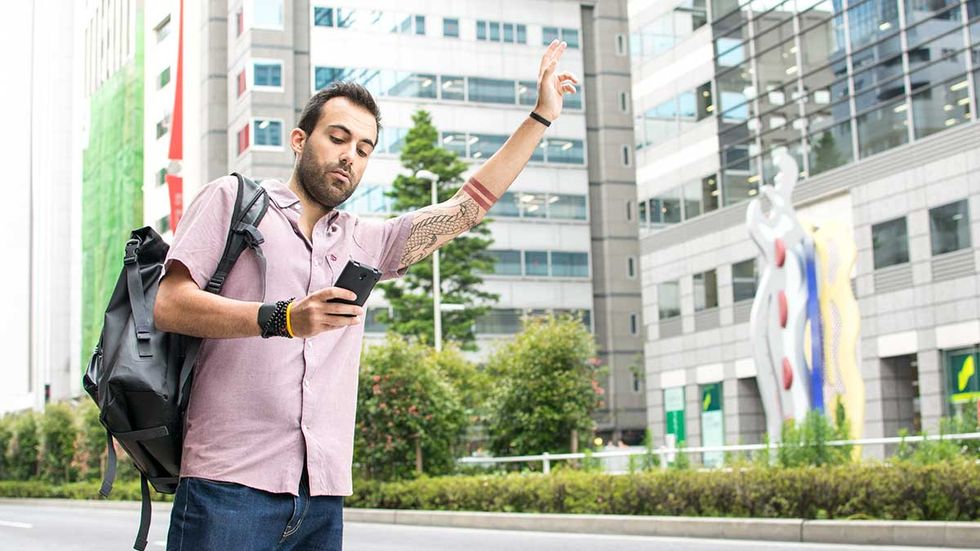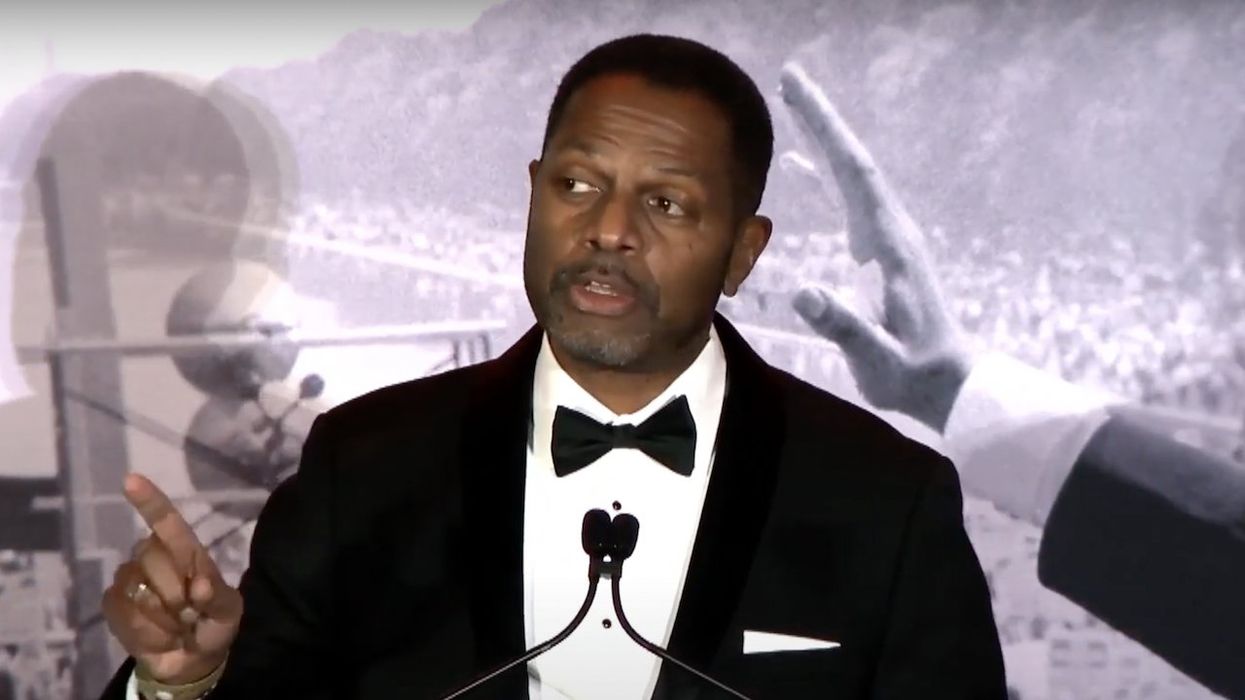
© 2024 Blaze Media LLC. All rights reserved.
Courts don’t always make very good rulings, but it’s gratifying when they do. That is the case with a ruling by the Seventh Circuit Court of Appeals, which was recently allowed to stand by the U.S. Supreme Court.
The case in question involved Uber, Lyft, and other ridesharing services that have revolutionized the way people get from point A to point B in cities. Upset by their looming obsolescence, the Illinois Transportation Trade Association filed suit against the city of Chicago, alleging that the way the city regulates ridesharing companies violates its members’ constitutional rights to equal protection under the law.
Now, I would be the first to argue that taxi companies are over-regulated by the state. That doesn’t mean, however, that the solution is to impose those same regulations on Uber and Lyft, particularly given the fact that those services are fundamentally different from traditional taxis. Lifting regulations on everyone would be ideal, but saddling innovators with outdated restrictions is hardly a second-best solution.
Judge Richard Posner, writing for the Seventh Circuit, agreed. "Were the old deemed to have a constitutional right to preclude the entry of the new into the markets of the old, economic progress might grind to a halt," he said."Instead of taxis we might have horse and buggies; instead of the telephone, the telegraph; instead of computers, slide rules."
Posner makes a very good point about progress and what economist Joseph Schumpeter called “creative destruction.” Schumpeter observed that all technological or economic change involves displacements and reorganizations, and that these changes tear down old structures even as they build up new ones. We can all pity the telegraph operator who watches his job disappear in favor of newer, better technology, but few would argue that his personal fortunes are a good reason to remain forever chained to an inferior form of communication.
And yet we see this argument made by trade associations all the time, at least by implication. They believe that it is government’s duty to intervene to protect the jobs of the people they represent, even when those jobs are no longer needed or wanted by consumers. This point of view is understandable, but it fundamentally misunderstands what a “job” is. The reasoning goes like this: People need income to live. Jobs provide income. Therefore, people are entitled to keep their jobs so that they can continue to live. As Donald Trump would say: Wrong.
A job is nothing more nor less than an exchange of value. If I can perform a service for someone at a cost that he is willing to pay, that’s a job. The second the value of my service, as perceived by the buyer, dips below the price I’m charging, that job is toast. I can only work if I can satisfy the needs of others at an acceptable price.
Using government to artificially preserve a job that wouldn’t otherwise exist is akin to forcing customers to buy something they otherwise wouldn’t want. This is the core of protectionism. The customer is making the “wrong” decision, from the point of view of the seller, and therefore must be coerced, either in the form of trade bans, barriers to competition, or taxpayer-financed subsidies to favored businesses.
Fortunately, the Supreme Court agreed with Judge Posner, allowing his decision to stand and rejecting the bad economic and moral arguments that government must protect the fortunes of some at the expense of others. If only courts could always be so sensible.
Want to leave a tip?
We answer to you. Help keep our content free of advertisers and big tech censorship by leaving a tip today.
Want to join the conversation?
Already a subscriber?
more stories
Sign up for the Blaze newsletter
By signing up, you agree to our Privacy Policy and Terms of Use, and agree to receive content that may sometimes include advertisements. You may opt out at any time.
© 2024 Blaze Media LLC. All rights reserved.
Get the stories that matter most delivered directly to your inbox.
By signing up, you agree to our Privacy Policy and Terms of Use, and agree to receive content that may sometimes include advertisements. You may opt out at any time.


